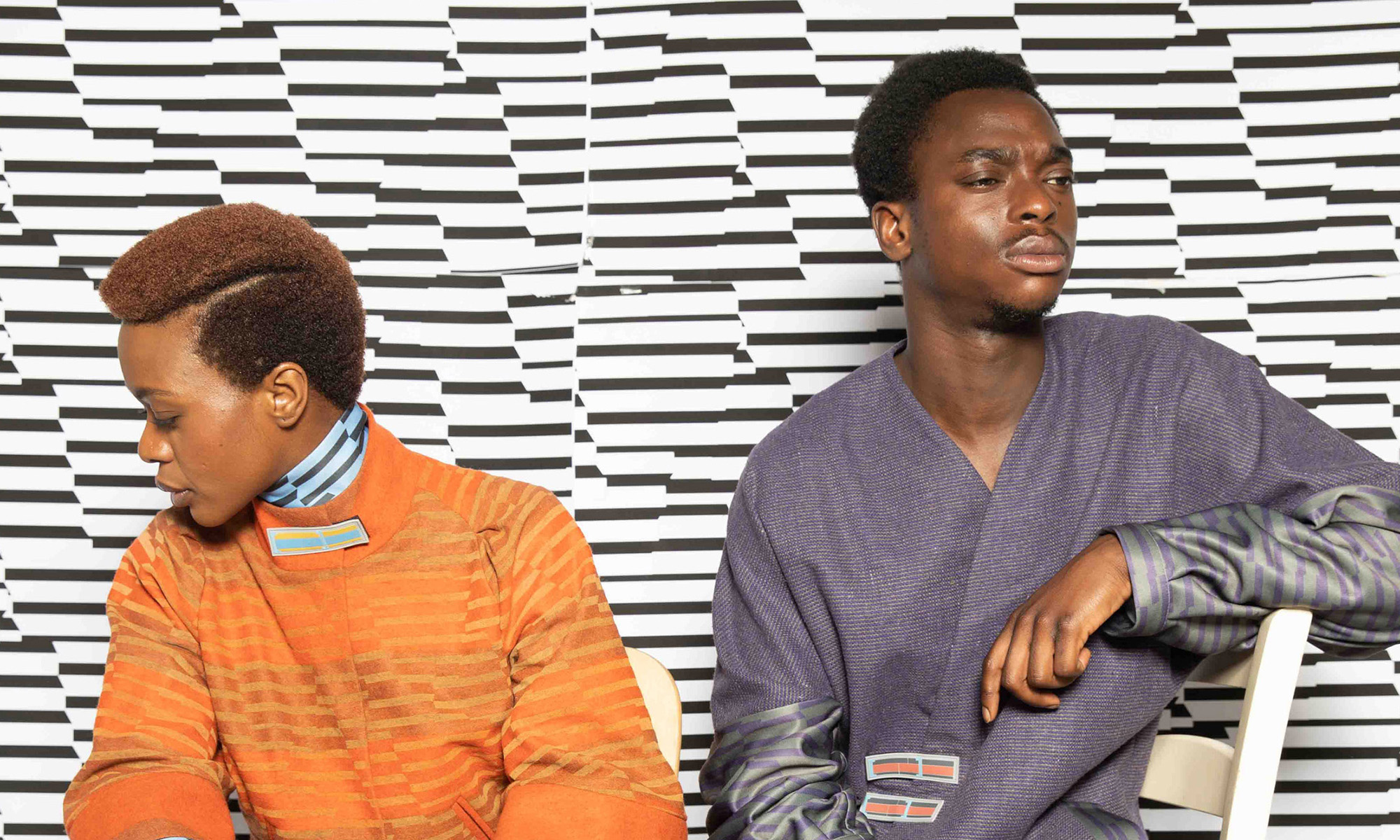“Designing for differently-abled is not a trend, it’s a necessity.” - Monika Dugar.
BA (Hons) Fashion Design and Development alumna, Monika Dugar, is a member of the LCF-supported East London Inclusive Enterprise Zone (ELIEZ) and is also recognised for her work on the Collaborative Challenge. ELIEZ is an accessible, specially designed community for entrepreneurs, business leaders and design thinkers who are disabled or whose work focuses on disabled people. In light of International Day of Persons with Disabilities 2020, we caught up with Monika to hear about her collection, her time working with ELIEZ and how you can get involved.
Congratulations on your feature in Dezeen! How did that come about?
Thank you, I’m super thrilled to find [R E S E T] featured on Dezeen. I submitted my final collection designs for the innovative design entries on Dezeen and I was lucky enough to be considered!
Tell us more about the idea behind your innovative design. Why did you decide to dedicate your research on Parkinson’s Disease?
I wanted to explore fashion and adaptive clothing, a market that sits at the niche of the transformation of the fashion in an ageing generation and disabled. This led to designing a final collection which not only is influential but features patterns which could aid mobility in people with Parkinson’s.
My collection is inspired by the concept of Visual Control of Locomotion in Parkinson’s disease, a condition which my father has been diagnosed with. Learning that your parent has been diagnosed with Parkinson’s isn’t something anyone wants to face. The first symptom dad noticed was his arm shaking. The motor skills function that allows people to multi-task started to deteriorate, needs more supervision.
Dressing has been in slow motion, it is very difficult for him to dress himself cause of persistent tremor in his hands. [R E S E T] concept is about the impairments in functioning that are observed in Parkinson’s disease needed in daily life such as hampered Motor Skills, censorial deficits and Visual defects. The collection reinvents conservative adaptive clothing by providing a sense of freedom and a new vision. Print is visible to the wearer's sight on the garments in order to provide visual cues. Inspired the construction of garment processes as well as shape, colour and texture of the collection, offering multiple pockets,
positioned at different angles to enable access for people with varying needs, with the ability to calm, soothe and appease with comfort.
Do you think the industry has the ability to use fashion as aid for other disabilities?
Definitely. With fashion focused on ageing, size, disability will bring the disruption in the industry in order to revolutionise and to address the issues faced by disabled consumers. Adaptive clothing has so far been related for older/elderly living in the long-term care facilities. It was not aimed for the young or disable people thus, barely existed. The market for adaptable clothing was only meant for post-surgery patients who had difficulty in using their full range of motion to self-dress. Buttons and zippers were avoided to provide the non-restrictive comfort to the wearer. This was also due to the
fact the ageing population was relatively less than what currently it is claimed to be. The disabled wants to be part of the same group of people and do not want to be discriminated and hence it becomes a choice factor whether to merge or bring the comfort first. [R E S E T] challenges mainstream by addressing the tipping point for people diagnosed with Parkinson disease from young-onset (29) to late-onset (60+).
-
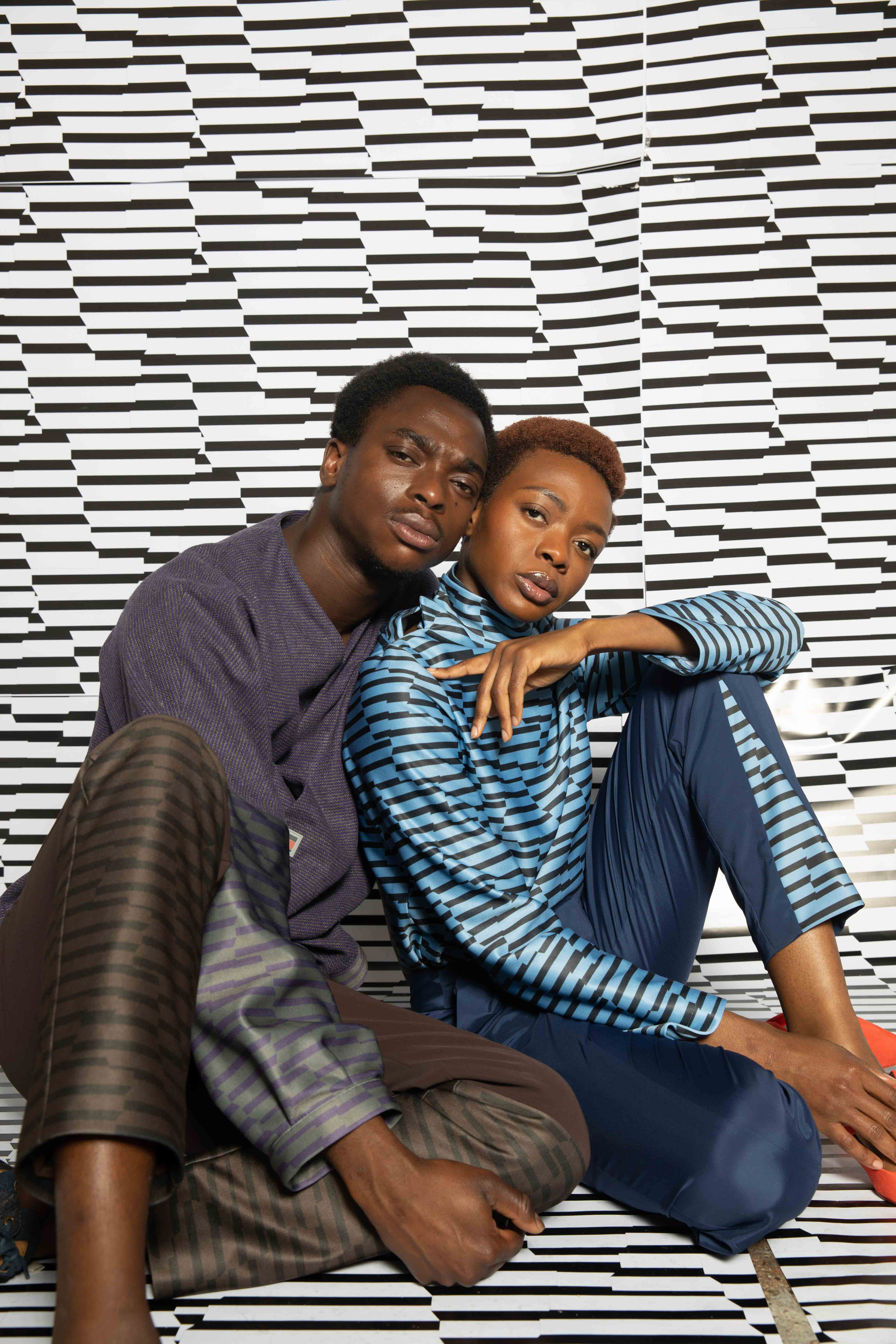
Monika Dugar R E S E T 2019
-
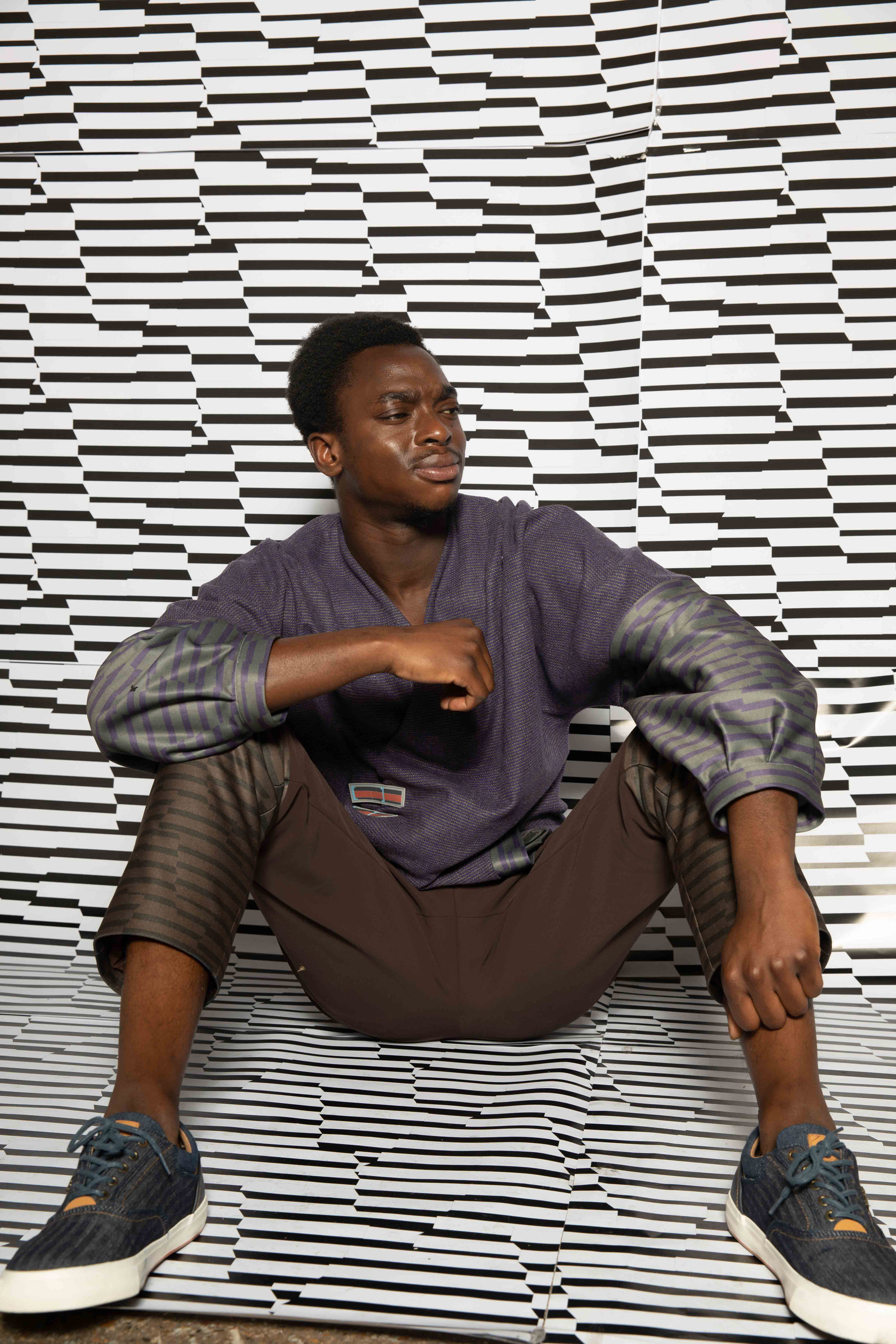
Monika Dugar R E S E T 2019
-
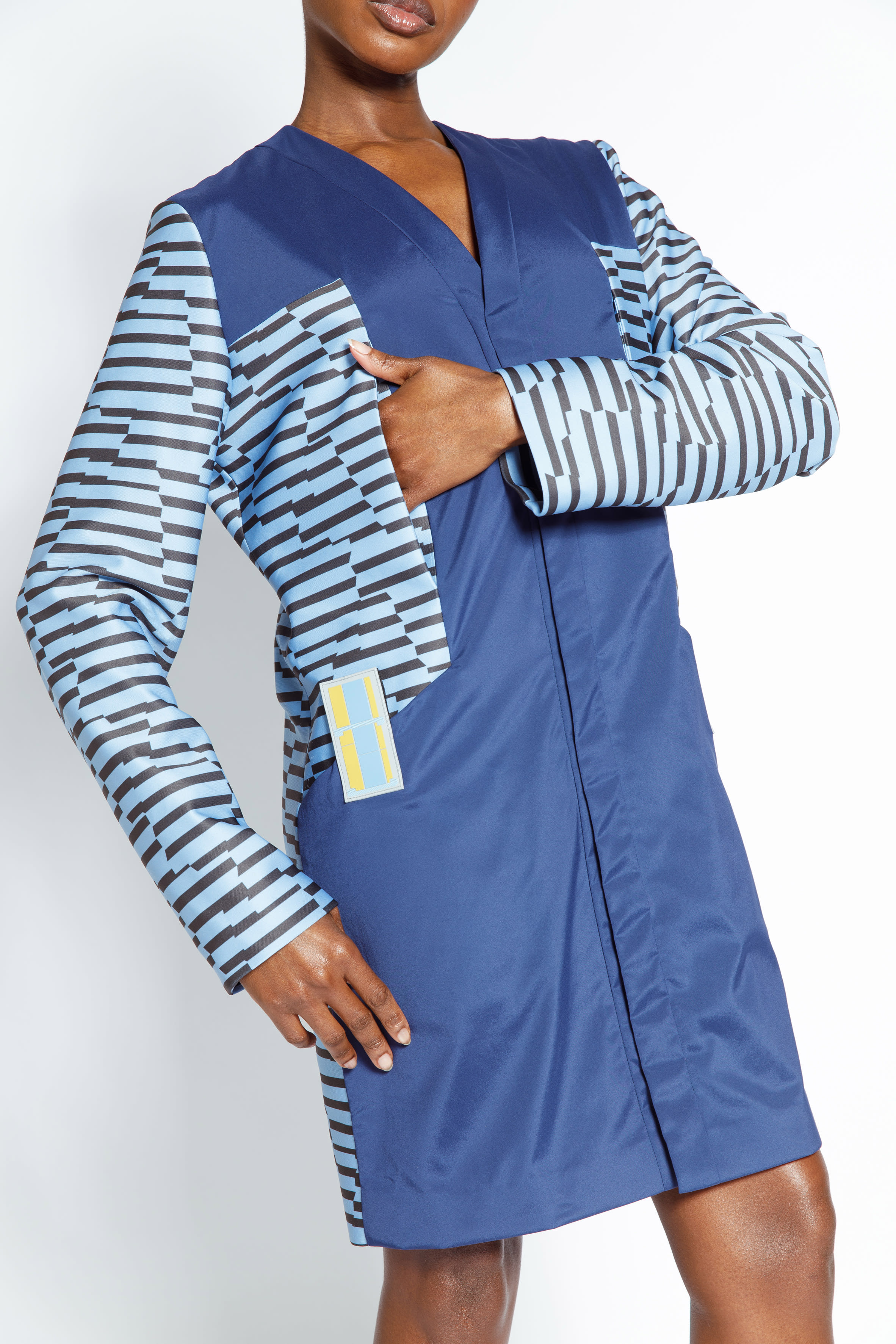
Monika Dugar R E S E T 2019
-
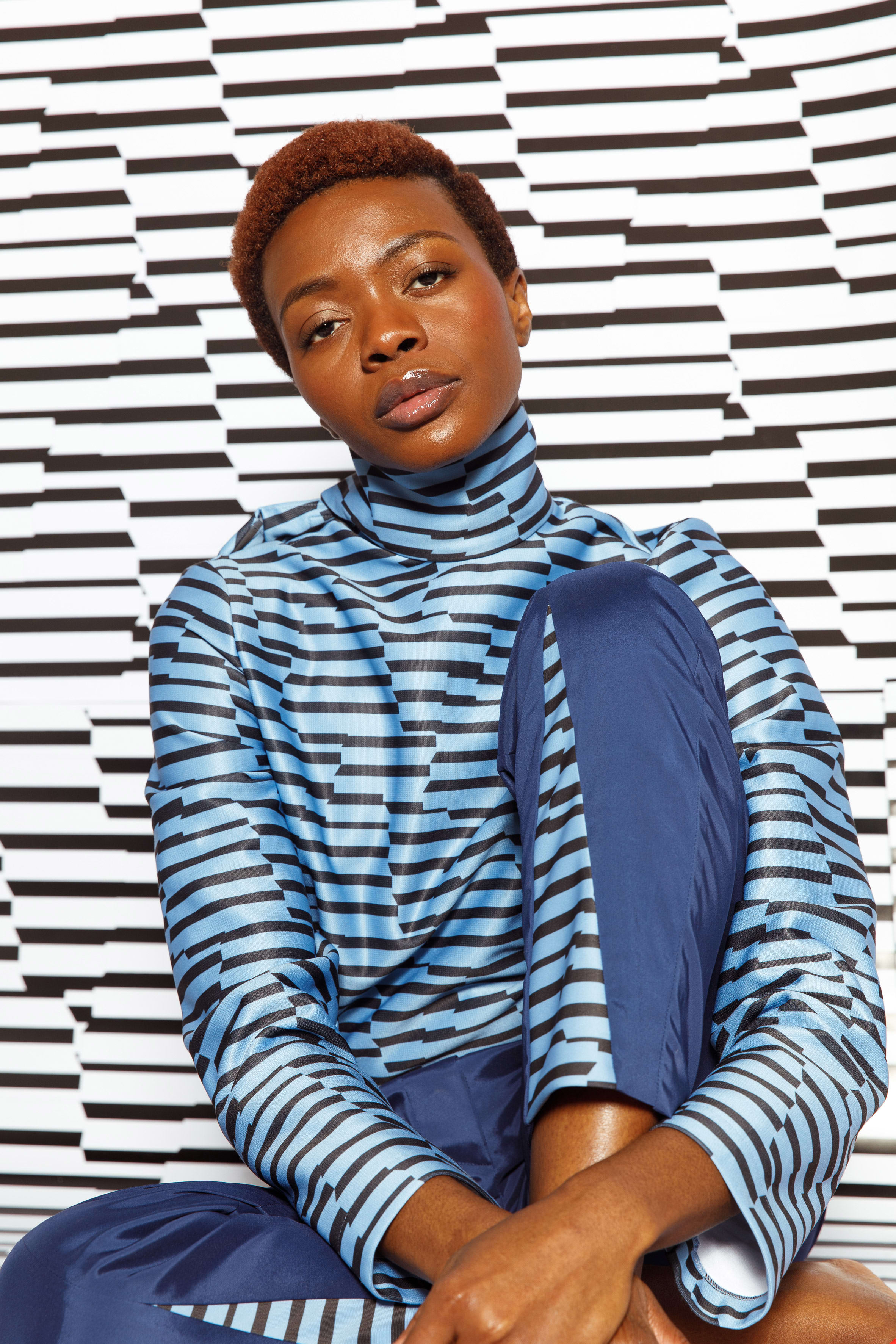
Monika Dugar R E S E T 2019
You're now a member of the East London Inclusive Enterprise Zone, could you talk a little bit about that and how the network is supporting your project?
We (Me & Co-founder Usha Baid - Oxford University) are really honoured to be part of East London Inclusive Enterprise Zone. They help accelerate the development of products and services that address unmet needs, from idea stage through to global deployment with the programmes, delivered by our partners including Plexal, Global Disability Hub and Disability Rights UK. The network is supporting with a range of subjects such as funding, social media, pitching and app development, delivered by industry experts. Hands-on workshops covering a range of subject matters including product design, branding and grant writing by academics and industry experts from UCL, Bravand, and Barclays. I’m one of the panellists for their upcoming hack with London College of Fashion with Disabilities Rights UK and Barclays and I’ve been delighted talk to the students about my experience of my start-up, making the leap from being a student to running a start-up and championing inclusive, adaptive fashion and assist them with the project.
Now 2021 is on the horizon, what are you hoping to focus on in the coming months?
Being an adaptive clothing start up in fashion industry, an untapped market, there is lack of access to multifaceted skills and resources to establish the Adaptive wear in the market. Brand recognition, scaling up and getting the funding is the biggest obstacle we’re facing. Clothing plays an important part of living well with differently abled, as the choice of clothes, in particular, can affect symptoms. Due to restrictive mobility these choices can crucially impact whether they can operate functionally. Restrictive clothes and fabrics can really exasperate or trigger the freeze response or other symptoms. This includes the all important "look" and "self-confidence" factors alongside that of functionality, something which is currently missing from the market. Education holds key to the future of Adaptive wear, fashion colleges still don’t encourage enough to design adaptive clothing, brands & press don’t want to collaborate, as mostly prefers glamorous fashion clothing, basing on the notion of Disability-friendly clothing will be boring or sacrifice stylishness, which certainly is not the case anymore
Currently, I’ve sent my clothing samples to people across healthcare to really see what the faults are in my collection, so that I can improve and customise it accordingly. I’m constantly experimenting, instigating new methods and updating research within [R E S E T]. Not everyone has the same problems with dressing, so we want the clothing to engage with a range of different people’s needs. Slowly it will gain momentum raising awareness and expansion of the brand through the retail alliance and through the target market – UK to begin with and then launching in Europe and US, India will lead to increase in scalable business from next year onwards. Raising awareness of the differently-abled and bringing humanness at every level will allow them to be more independent and highly valued. With Fashion focused on ageing and size, disability will bring the disruption in the industry in order to revolutionise and address the issues faced by disabled consumers.
It doesn’t matter if someone is diagnosed or not, I think it is very important for people to adjust. With young onset, people are getting diagnosed in their twenties. We need to raise awareness and make clothing more inclusive because features, design, print and colours can help people to gain confidence. Balancing fashion through functional clothing is not a trend – it’s a necessity. I think our work will inspire people in the fashion space – that’s the main thing. Every brand right now should be creating adaptive clothing – we need it in the market. Exhibited for the Charity called The Cure Parkinson’s Trust along with 10 exclusively invited British-based Fashion Designers (already confirmed Hussein Chalayan, Roksanda, Giles Deacon and others) is an inspirational and dynamic organisation with a major goal to slow, stop and ultimately find a cure for PD.
LCF students and alumni interested in starting a business can gain support from ELIEZ by joining the network, attending their online Lunch and Learn sessions or by listening to their weekly podcast. Learn more about how ELIEZ can support you.
-
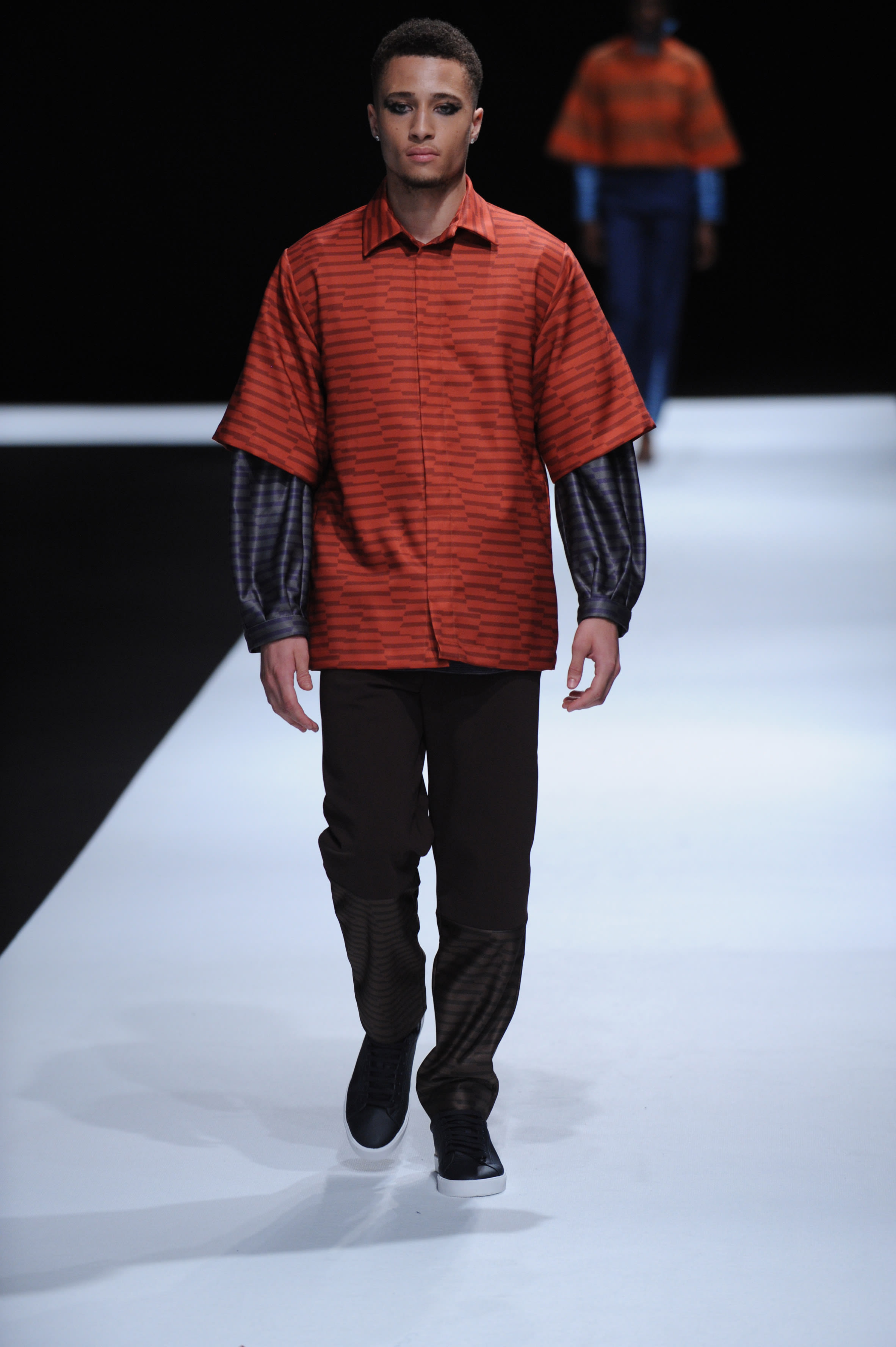
Monika Dugar R E S E T 2019
-
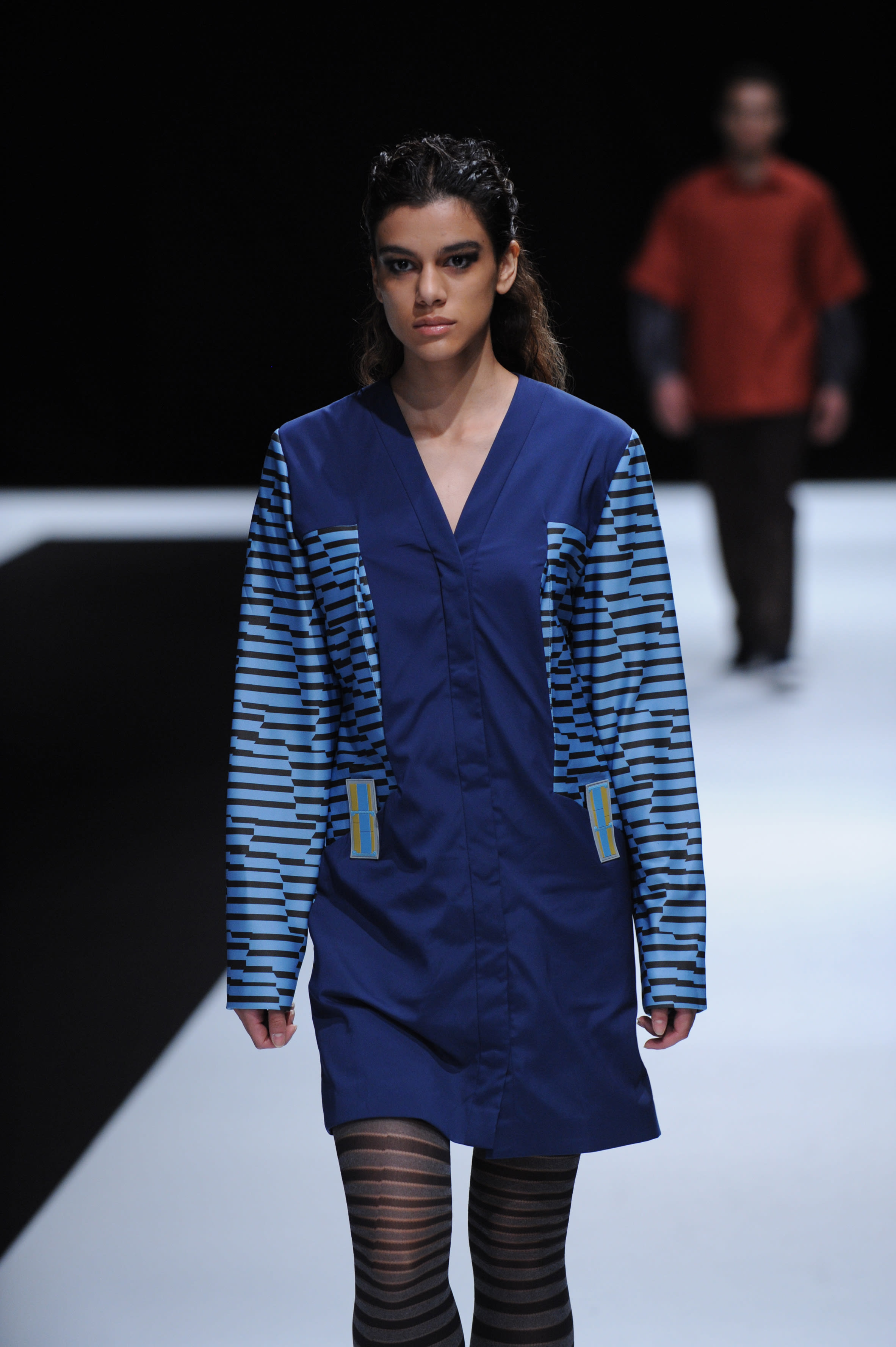
Monika Dugar R E S E T 2019
-
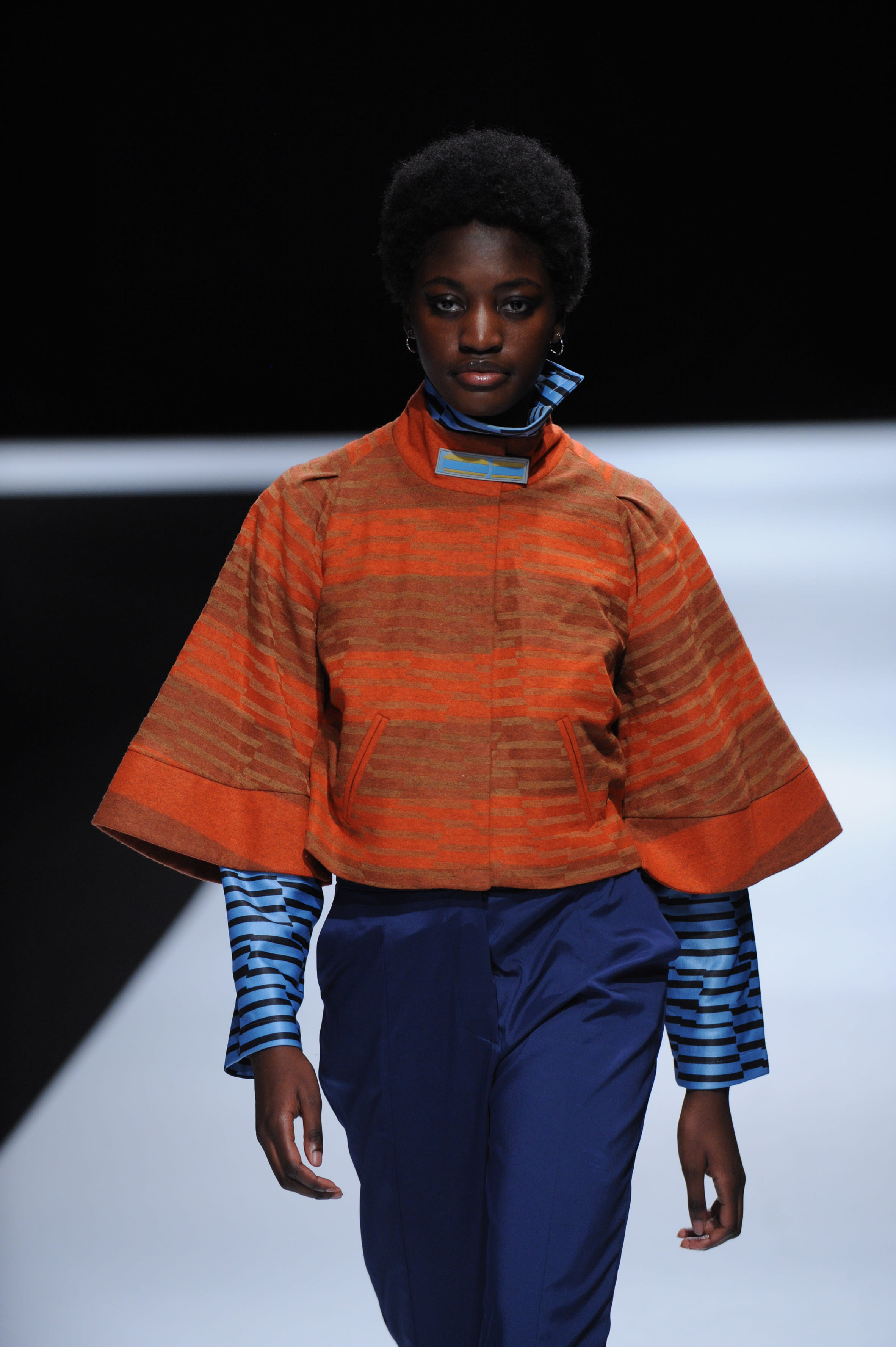
Monika Dugar R E S E T 2019
-
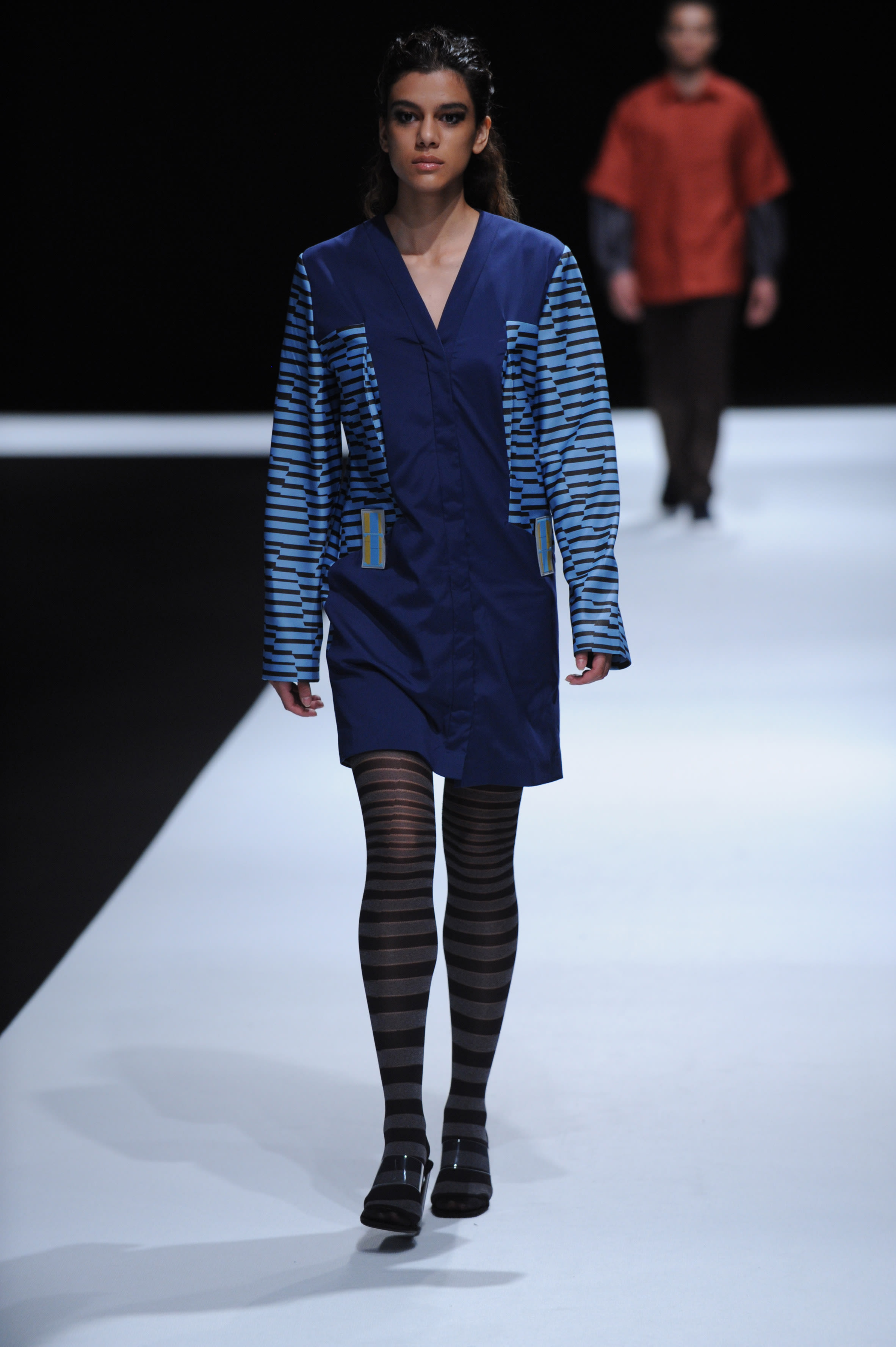
Monika Dugar R E S E T 2019
-
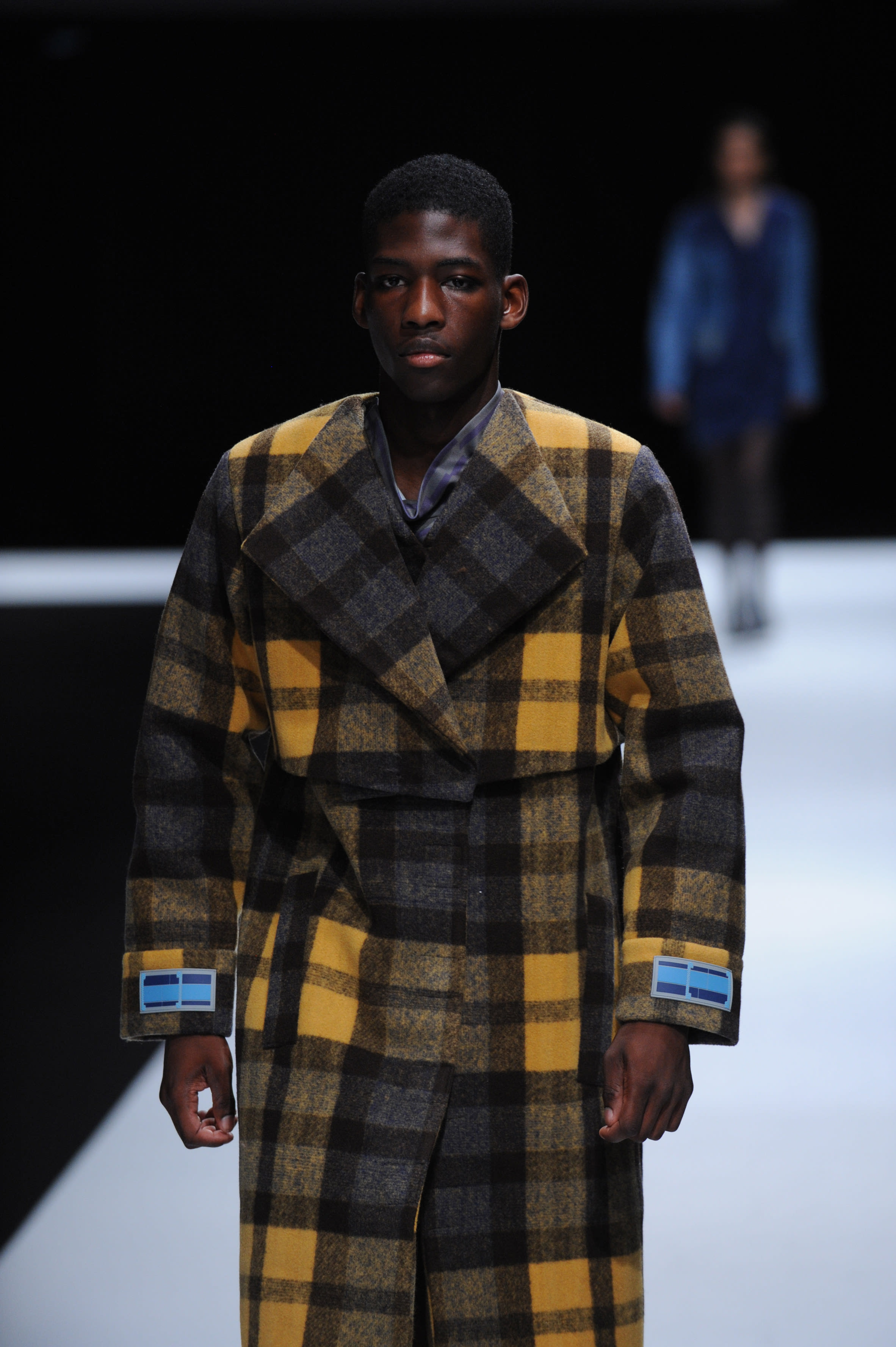
Monika Dugar R E S E T 2019
- Find out more about ELIEZ - East London Inclusive Enterprise Zone
- Explore LCF undergraduate and postgraduate courses
- What’s on at LCF: open days and events
- More LCF Stories
